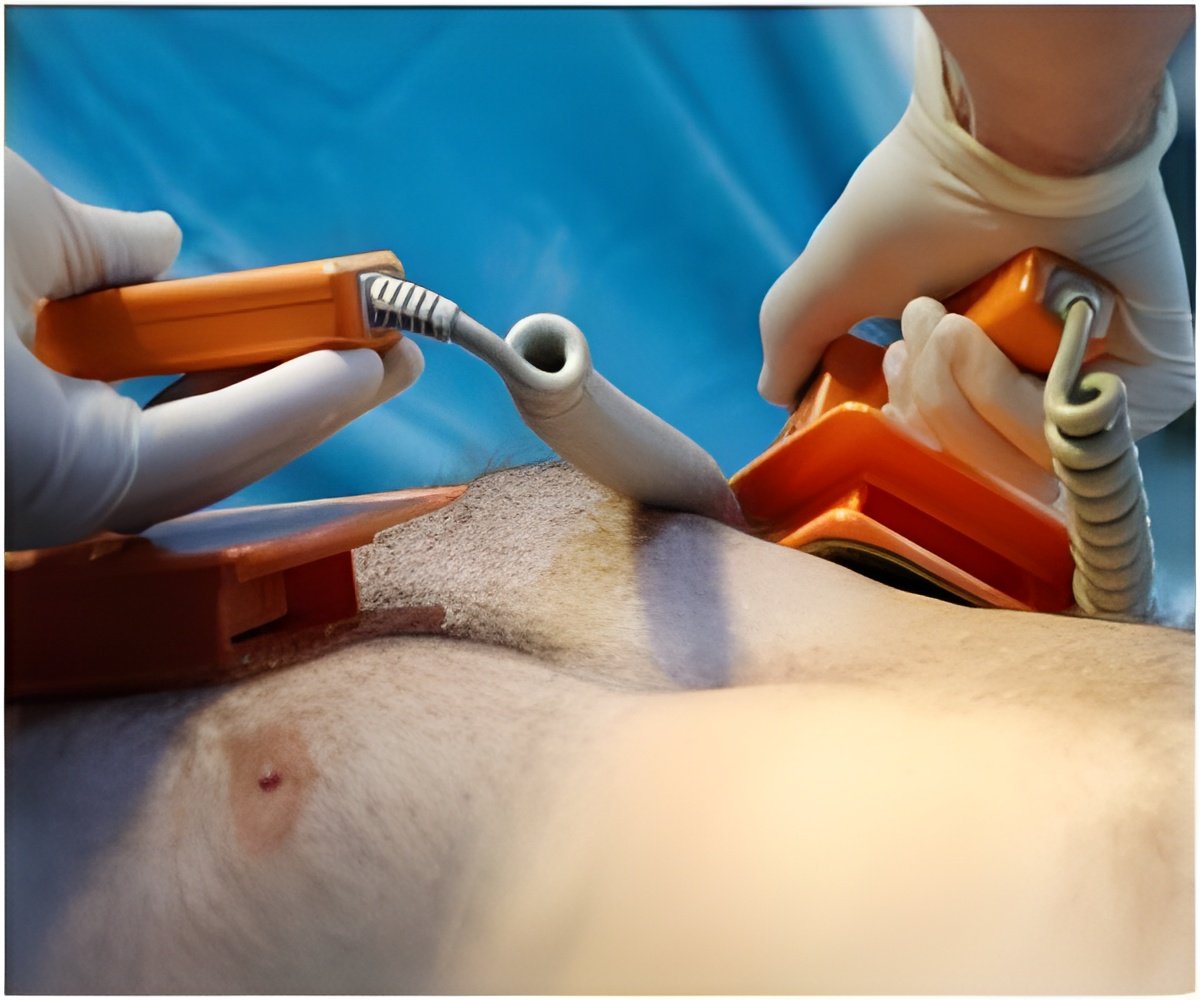Is it possible to predict whether someone is likely to survive or die suddenly from a heart attack?

"For some people, the first heart attack is more likely to be their last," said Elsayed Z. Soliman, M.D., M.Sc., M.S., director of the Epidemiological Cardiology Research Center (EPICARE) at Wake Forest Baptist and lead author of the study. "For these people especially, it is important that we find ways to prevent that first heart attack from ever happening because their chances of living through it are not as good."
While there are many traits that are common among heart attack patients – both those who survive the event and those who die suddenly – researchers found that some traits, such as hypertension, race/ethnicity, body mass index (BMI), heart rate, and additional markers that can be identified by an electrocardiogram (ECG) can differentiate between dying suddenly versus living through a heart attack, Soliman said.
The study, published by the journal Heart, is now available online.
Somewhere between 230,000 and 325,000 people in the U.S. succumb to sudden cardiac death every year, Soliman said. Most of these sudden deaths are caused by coronary heart disease.
"Since sudden cardiac death usually occurs before patients ever make it to the hospital, there is very little that can be done to save them," Soliman said. "Identifying specific predictors that separate the risk of sudden cardiac death from that of non-fatal or not immediately fatal heart attacks would be the first step to address this problem, which was the basis for our study."
Advertisement
- Black race/ethnicity (compared to non-black) was predictive of high sudden cardiac death risk, but less risk of coronary heart disease.
- Hypertension and increased heart rate were stronger predictors of high risk of sudden cardiac death compared to coronary heart disease.
- Extreme high or low body mass index was predictive of increased risk of sudden cardiac death but not of coronary heart disease.
- Additional, more technical traits that a doctor evaluating an ECG report could use to evaluate risk of sudden cardiac death in their patients. (Prolongation of QTc and abnormally inverted T wave were stronger predictors of high risk of sudden cardiac death. On the other hand, elevated electrocardiographic ST height in V2 was not predictive of sudden cardiac death but predictive of coronary heart disease.)
Advertisement
"Our next step in this path of research is to see if we can come up with a risk stratification score that can be applied to the general population, as well as to look at interventions that reverse the effect that these traits are having on susceptibility to sudden cardiac death," Soliman said. "We need to know if lowering hypertension, BMI or resting heart rate would reduce the risk of dying suddenly."
Source-Eurekalert















